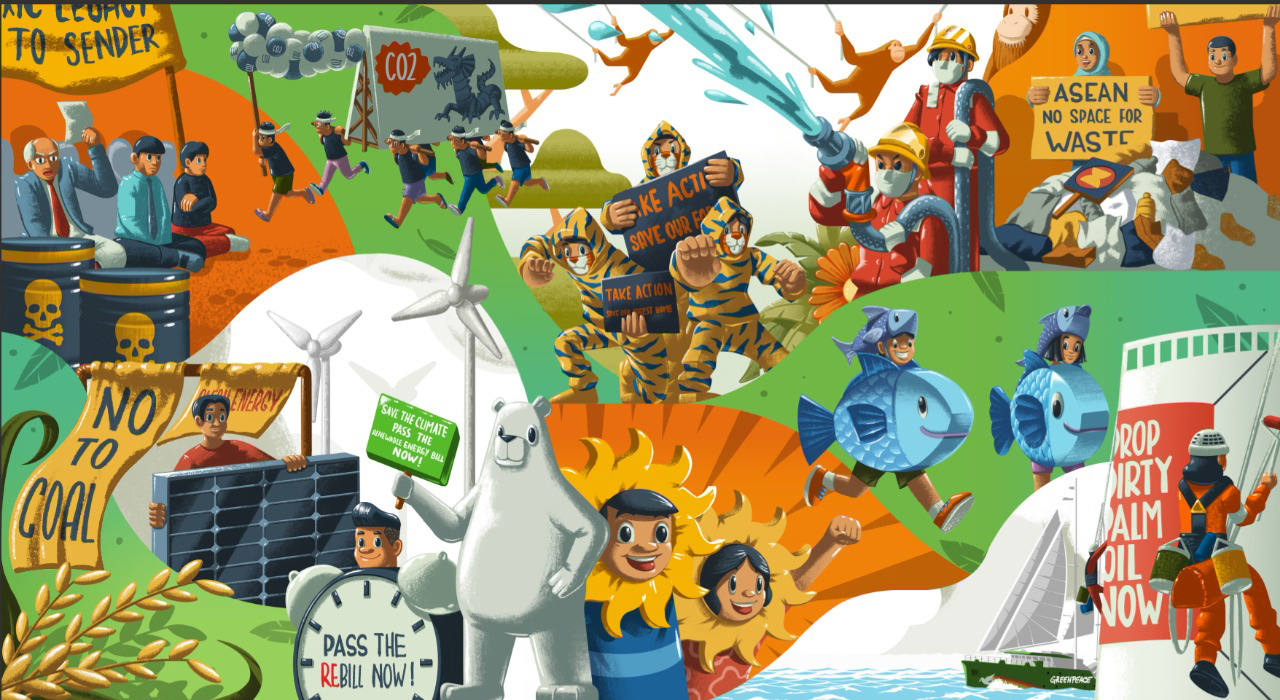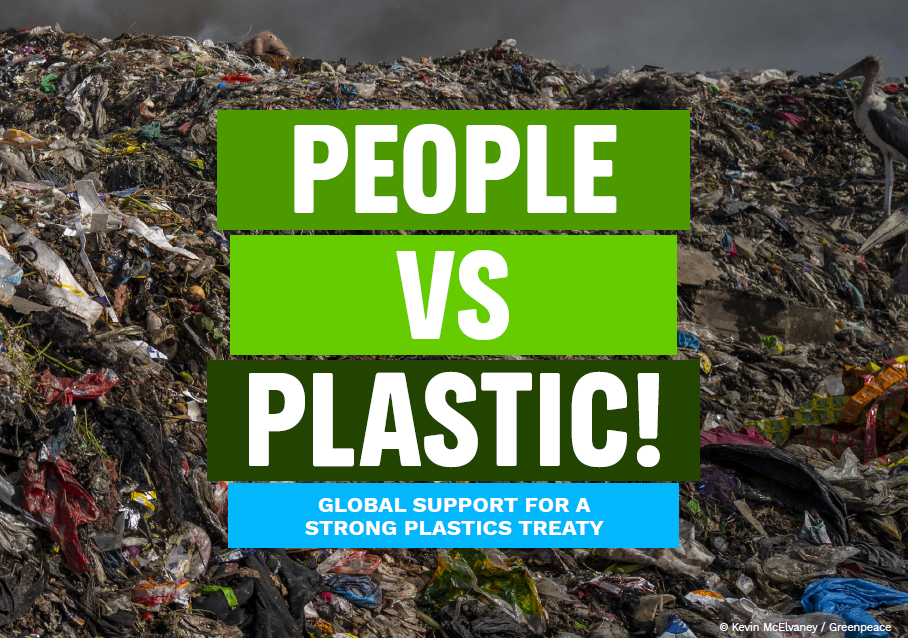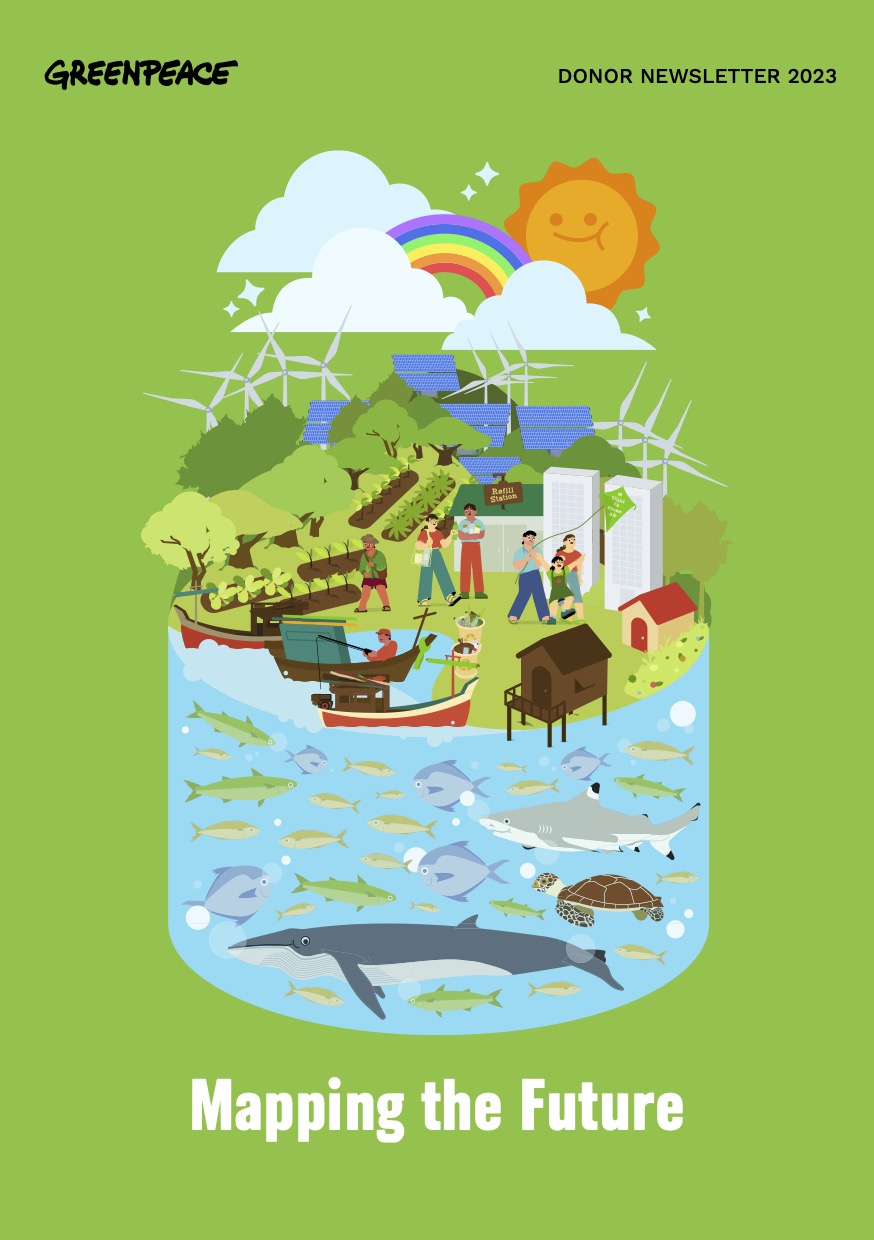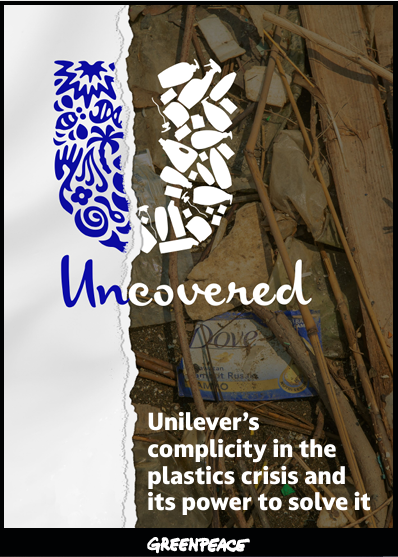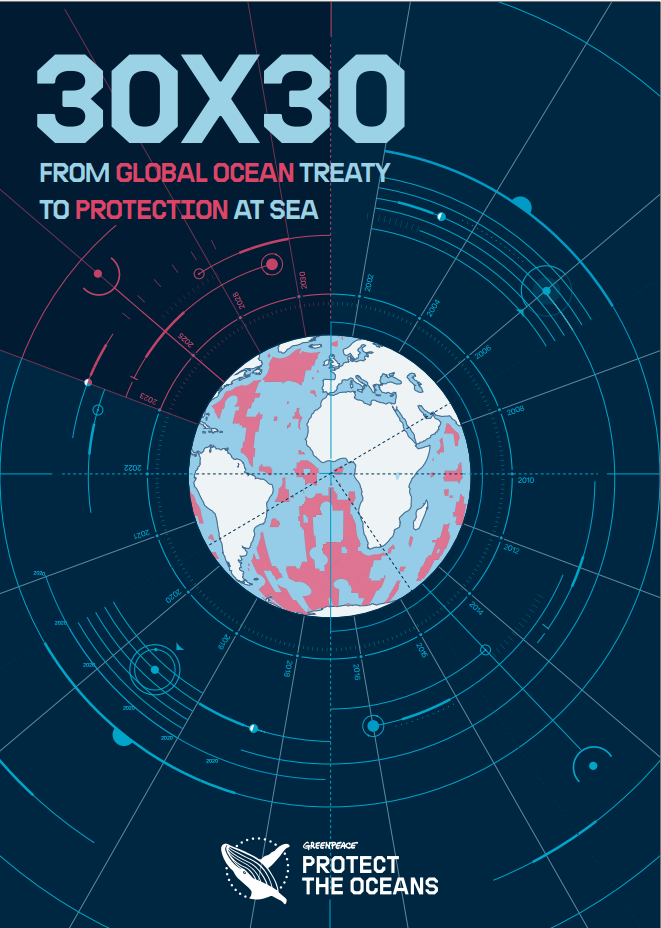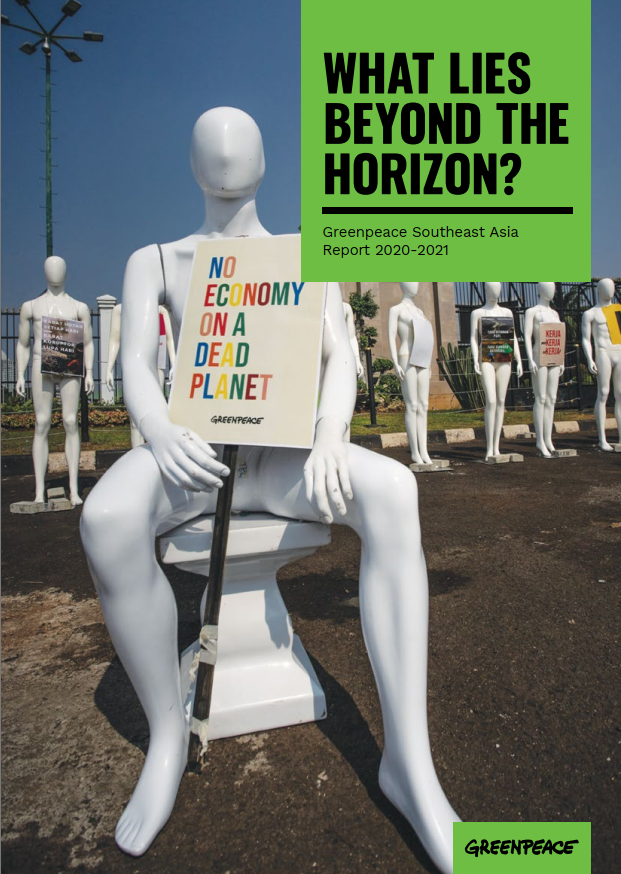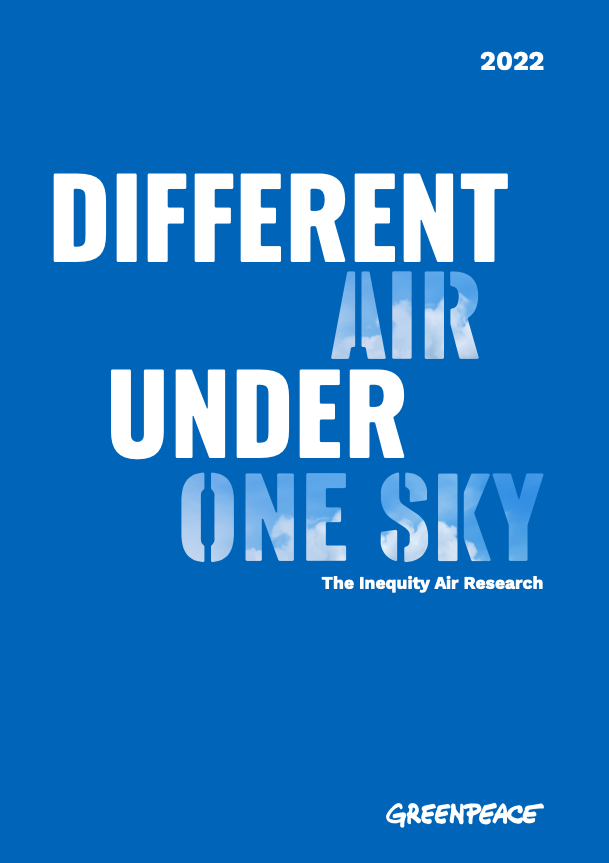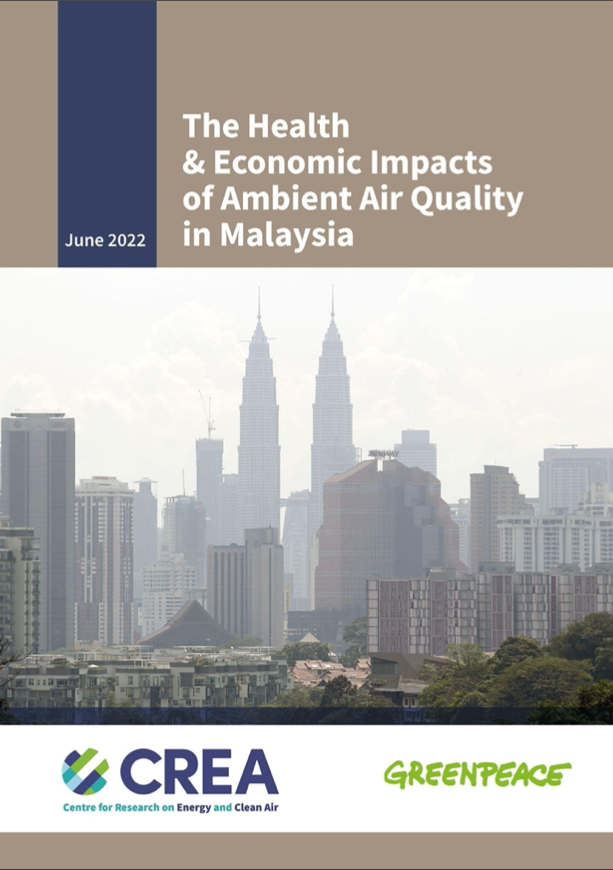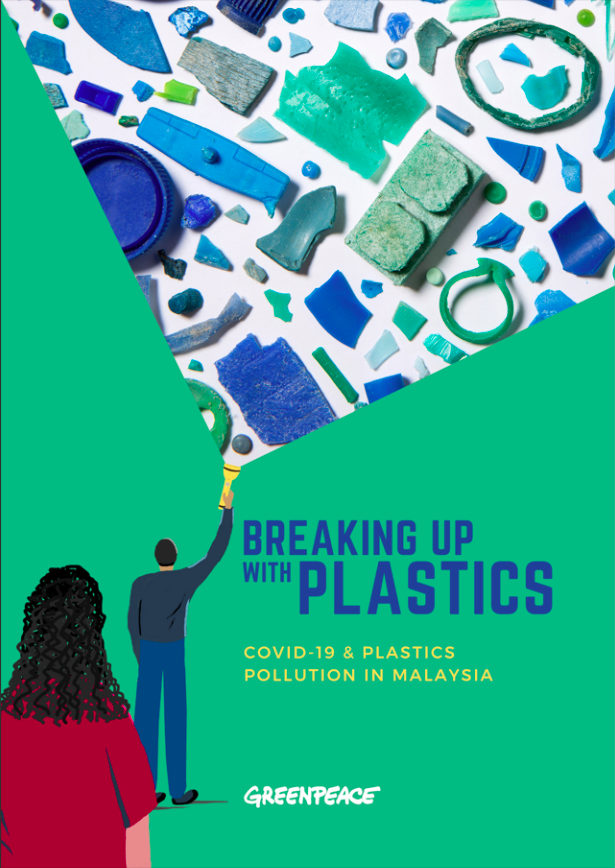All articles
-
People vs. Plastic: Global Support for a Strong Plastics Treaty
Discover findings of an extensive survey conducted across 19 countries, involving over 19,000 respondents, to gauge public opinion regarding the Global Plastics Treaty and related measures. The survey results shed light on the overwhelming support among the public for ambitious action to tackle plastic pollution and transition towards sustainable alternatives.
-
Panduan ke Arah Kesedaran Eko Ramadhan
Bulan Ramadan membolehkan kita memfokuskan minda mereka terhadap pengabdian diri, lebih terdorong dan berkeinginan untuk melakukan amal soleh.
-
Uncovered: Unilever’s Complicity in the Plastics Crisis and Its Power to Solve It
Greenpeace International investigates the reality behind these soundbites. We expose the blight of Unilever’s single-use sachets on low-income communities and the glaring gap that exists between what the company says it will do, and what it actually does. We conclude by urging Unilever to grasp the opportunity presented by the new UN Global Plastics Treaty…
-
30×30: FROM GLOBAL OCEAN TREATY TO PROTECTION AT SEA
This report details the cumulative threats facing our oceans and includes a new global analysis of high seas fishing activity.
-
2020-2021 Report: What lies beyond the horizon?
Starkly held up to us are images of a fractured planet with its and its inhabitants’ health threatened. But among the images are also those of shifting mindsets and of humans coming together so that all interconnected life can regain our balance and fluidity of being.
-
Different Air Under One Sky
Pollutants emitted into the atmosphere drive the global threats posed by both air pollution and climate change. The negative impacts of these crises are not felt equally and it is often the most vulnerable people who are most severely affected.
-
The Health and Economic Impacts of Ambient Air Quality in Malaysia
Air pollution is the fourth leading risk factor of premature death globally and the greatest environmental threat to human health.
-
Breaking Up with Plastics
We hope these pages provide you with the information necessary to understand the implications of the pandemic on Malaysia’s consumption and disposal of plastic, while empowering you to take action against plastic pollution.

